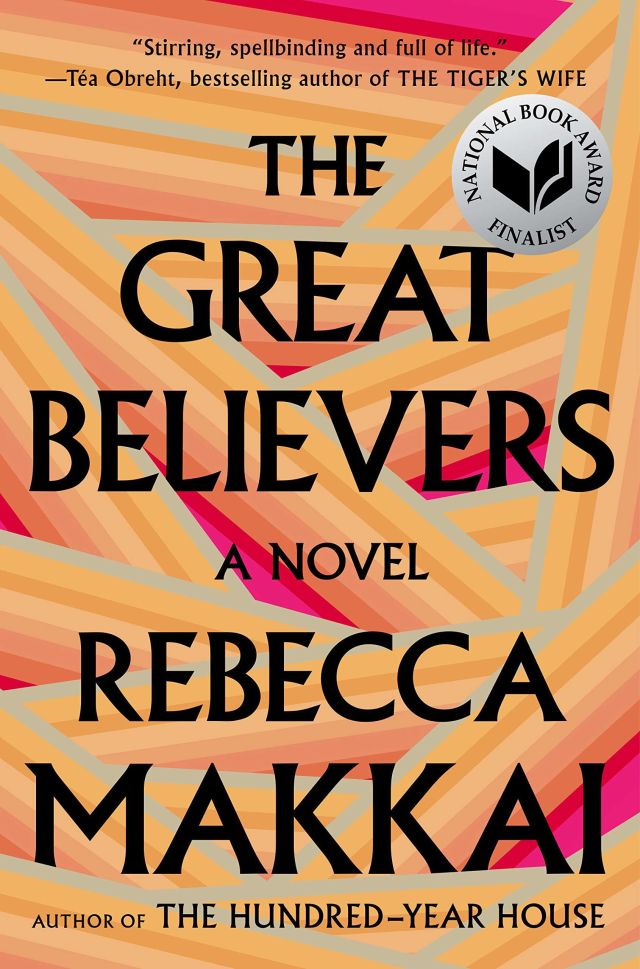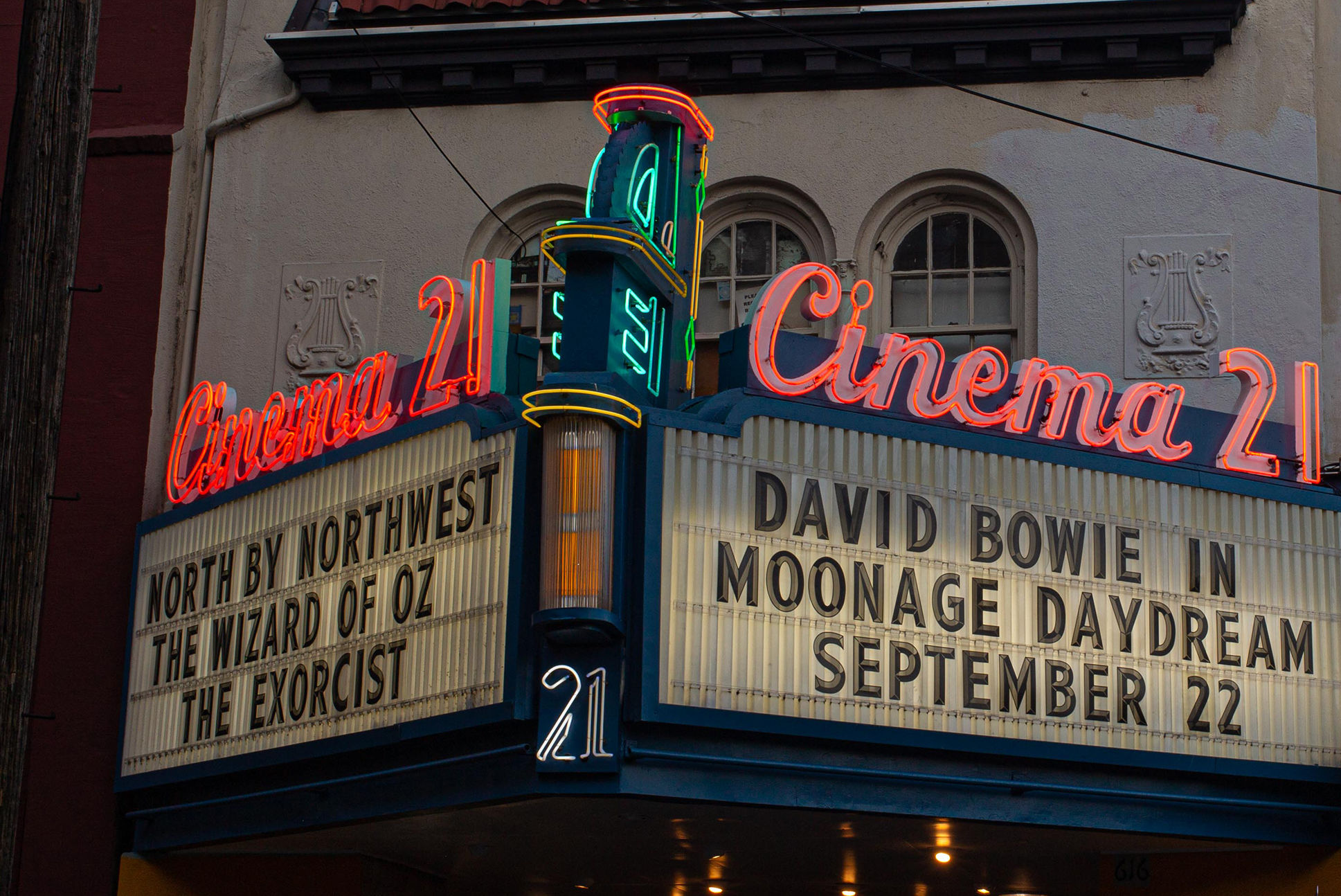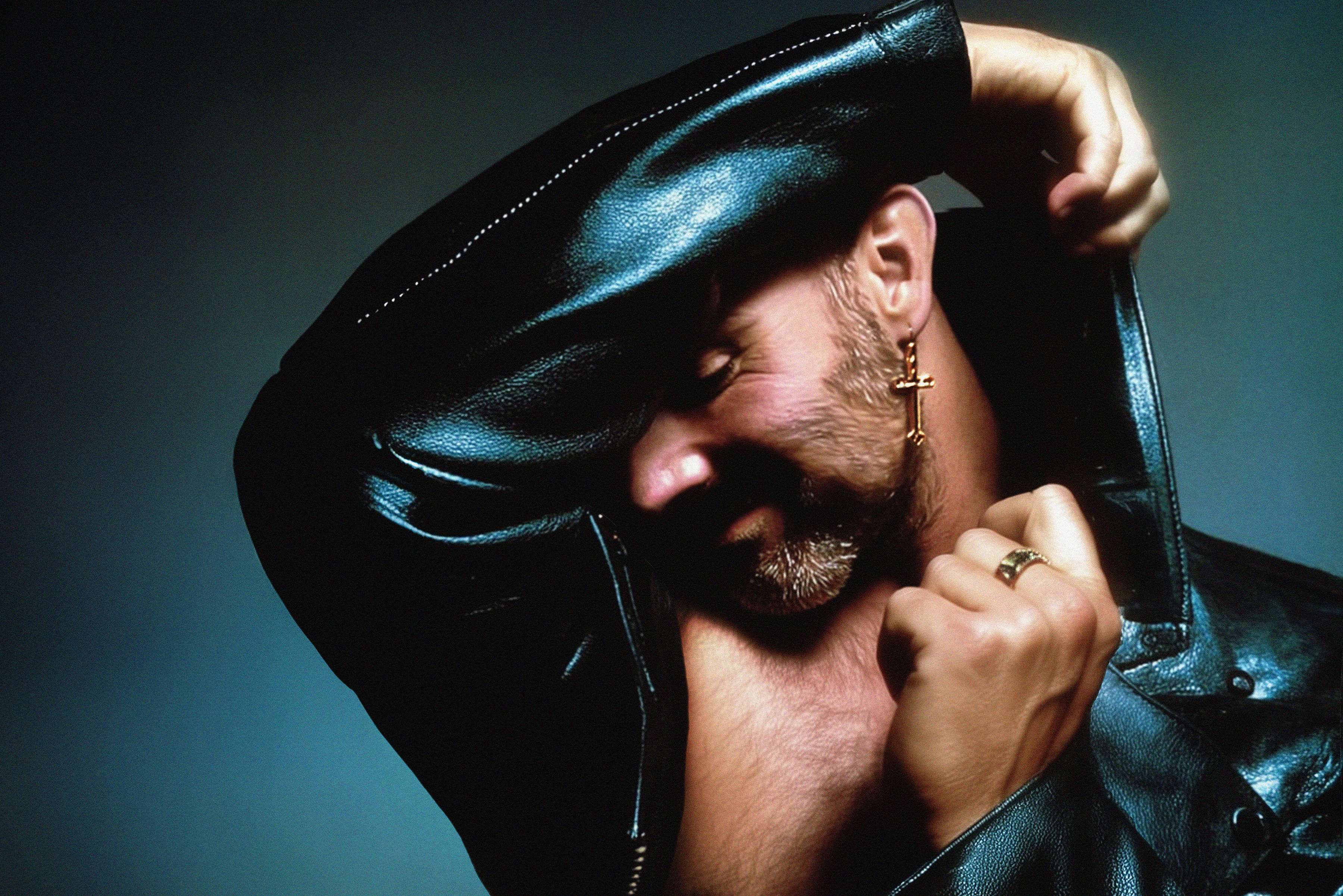What to Read, Watch, and Listen to This Week: Oct 8

Anna Conkle (left) and Maya Ershkine in season two of Hulu's Pen15
Image: Courtesy of Hulu
There’s a lot going on right now. Maybe you’re protesting, maybe you’re donating to wildfire victims, maybe you’re keeping tabs on the way your representatives are responding to the present moment. Keep doing that!
Our lives are not one thing, though, and you’re also probably looking to escape, however briefly, into a show or a book or an album that might help you shut out the world or understand it a little better. To get the wheels turning, here’s the stuff filling our queues at Portland Monthly this week, from Pedro Infante to presidential body doubles.
Dave
An adulterous president rushed to the hospital. A White House doctor who might not be the sharpest tool in the shed. A sinister bald man who sees the president as a puppet for another agenda. An icy, impeccably dressed First Lady who detests her husband. A White House eager to put a positive spin on a scary medical situation. And lies, lies, so many lies.
No, this isn’t October 2020 real life; it’s the fictional DC of 1993 comedy Dave, directed by Ivan Reitman (Ghostbusters, Stripes, Meatballs) and currently streaming on HBO. Kevin Kline plays both President Bill Mitchell and a softhearted guy named Dave Kovic, who runs an employment agency and moonlights as a Mitchell impersonator at community events. When he gets called in to play the prez for real, he’s at first most interested in keeping some pens and towels as souvenirs before realizing he might actually be able to do some good.
Frank Langella is dripping with evil as the White House chief of staff (currently Mark Meadows, but there’s a real Stephen Miller Svengali vibe). Ving Rhames plays a terse Secret Service agent with a heart of gold (the character talks about the pledge to take a bullet for the president, but do they also sign on to catch his diseases?). There’s also Sigourney Weaver, Kevin Dunn, Charles Grodin, Faith Prince, Sir Ben Kingsley, a quick dash of Laura Linney, and a hilarious jolt of Bonnie Hunt, as well as as-themselves cameos from politicians and journalists of the day, from former Speaker of the House Tip O’Neill and Sen. Paul Simon to Helen Thomas and the ageless Nina Totenberg.
An Arnold Schwarzenegger appearance might feel bizarre until you remember Reitman also directed him in Kindergarten Cop, Twins, and Junior, and the bodybuilder was just then starting to dabble in politics, having been appointed by George H. W. Bush in 1990 to the President’s Council on Physical Fitness and Sports. Like all Reitman films, no matter when they were made, it’s straight out of the ’80s. Dave has aged well, though, and its charms were never more needed. —Margaret Seiler, managing editor
The Great Believers

Shortlisted for the Pulitzer Prize and the National Book Award, and a mainstay on “staff pick” bookstore displays the world over, Rebecca Makkai's The Great Believers is the first thing I've read since Normal People that hooked me from square one and totally colonized my brain. 300 pages in and I'm delivering my own thoughts in Makkai's voice.
The narrative is split between Chicago in 1985-86 and Paris in 2015. In Chicago, Yale Tishman works at a Northwestern University gallery while AIDS ramps up around him; his friends are dying and a golden age is ending, and he may or may not have stumbled on a career-making haul of 20th century art. In Paris, Fiona Marcus is searching for her daughter who's recently defected from a cult, and she stays with an old friend—one of the few artists to survive AIDS in the Chicago of her youth.
I almost have nothing professional or illuminating to say about this book. I just fucking love it. It's incredibly transporting, an absolute page-turner, and it radiates warmth. Makkai's settings (especially her Chicago) are so vivid that they stick in your vision for hours after you set the book down, and any capital-L Literary plot machinations feel more like accidents of history than the work of a heavy authorial hand. I've made it my mission to stock up on gay books while I hunker down for the fall and winter (watch this space for future recs), but I honestly cannot imagine reading anything that means more to me this year. Or for a long time after. The Great Believers is one of the most affecting reflections on legacy and time that I have ever read, and it's an especially poignant rallying cry to young queers like me, who might have a hard time conceptualizing the America of 35 years ago and placing it in the context of news from the Supreme Court this week. —Conner Reed, arts & culture editor
Pedro Infante
Pen15
Hulu's Pen15 was one of my favorite new shows of 2019, and the release of the show’s second season has been exactly what I needed during this pandemic fall. What better way to stop doomscrolling than to immerse yourself in the hilarious yet cringeworthy happenings of two 30-somethings playing fictionalized versions of their 13-year-old 1990s selves?
Through sleepovers, AOL Instant Messenger, pool parties, gym class, and school dances, best friends Maya and Anna deal with rejection from crushes and slut-shaming. They try their hands at witchcraft, nearly bite one another’s heads off while working on the school play, and nearly have their friendship destroyed by a malicious third party. Maya’s got her mom to get her through all of this—there’s a sweet scene where the two take a bath together, inspired by actress Maya Erskine’s real-life relationship with her mom—but Anna, meanwhile, is dealing with her parents’ divorce and turning against her mom. At least Maya and Anna have each other, because ultimately, the show feels like a testament to the power of friendship to get us through terrible times. —Katherine Chew Hamilton, food editor




